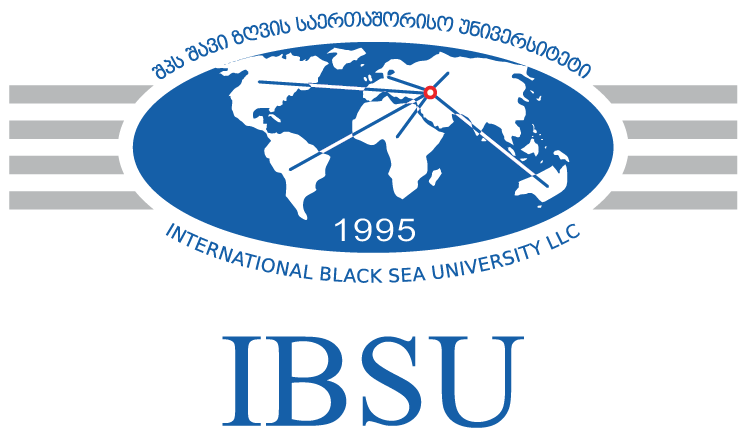News
- 30/06/2022
The project “Supporting the Development of Scientific Research in Georgian Higher Education Institutions”finished
The “Supporting the Development of Scientific Research in Georgian Higher Education Institutions” (Raising Research Capacity of Georgian HEIs through Developing R&D Units – HERD) Erasmus + KA2 program project, which was supported by the EU, has been finished. Shota Rustaveli State University in Batumi hosted the adjourning conference.
Along with representatives from other higher education institutions operating in Georgia, the International Black Sea University’s administration and academic staff participated in the conference.
The Vice Rector of the International Black Sea University, Prof. Dr. in the fields of education and science The conference, which highlighted the project’s operations, was really fascinating and useful, in the opinion of Tea Kbiltsetskhlashvili. The portal (GRIS.emis.ge), which was created as part of the project, is also quite significant and helps to raise the profile of the institutions that are registered there as well as the scientific output of Georgian researchers and doctorate students, both domestically and abroad. Working together on shared research and projects is now more convenient for scientists thanks to this platform.
Professor Merab Khalvashi, the rector of Batumi University, and Iv. Javakhishvili, the project coordinator, started the meeting. Nino Okribelashvili, the deputy rector for science at Tbilisi State University, and Jaba Samushia, the director general of the Shota Rustaveli National Science Foundation, are the public representatives for the project partners.
In order to modernize the research services provided by the member universities, improve the potential and caliber of the research, and integrate the teaching and research components at the institutional level, the project brought together 12 higher education institutions from Georgia and 3 from Europe.
The Georgian Scientific Information System – GRIS.emis.ge portal, which is created during the project, is bilingual (Georgian-English) and informs the interested people about the HERD project partner of 12 higher education institutions, their academic staff, researchers, doctoral students, scientific productivity results, current and implemented grants and information on professional activities.
The portal of the Georgian Scientific Information System includes the data of more than 5,100 academic staff, researchers and doctoral students who are c working in Georgia. Portal – as the Unified National Scientific Information System of Georgia, is open for further integration of information on resources and staff on the basis of other higher education units.
The international partners of the project are: Dresden University of Technology (Germany), which was involved in the project in providing research planning and management training; Clermont-Auvergne University (France), which focused on sharing relevant research experience in applied research and tech-transfer, and the University of Cote d’Azur (France), which assisted Georgian higher education institutions in developing research strategies and quality management.
